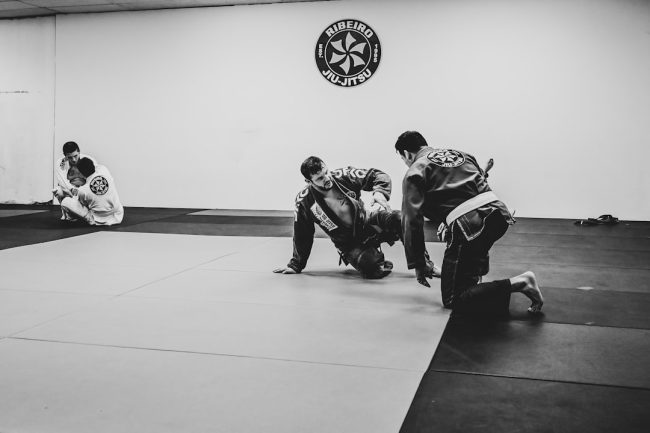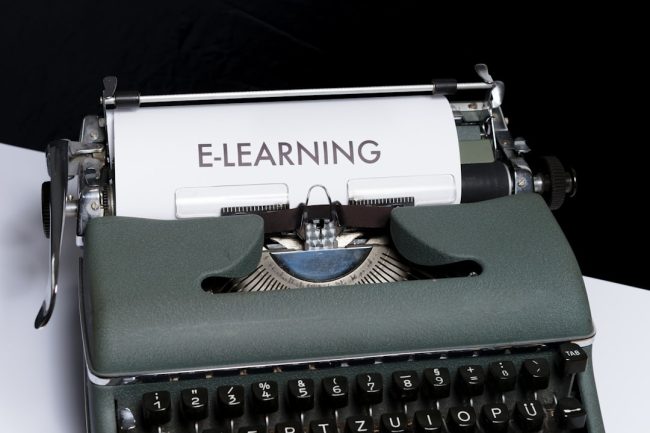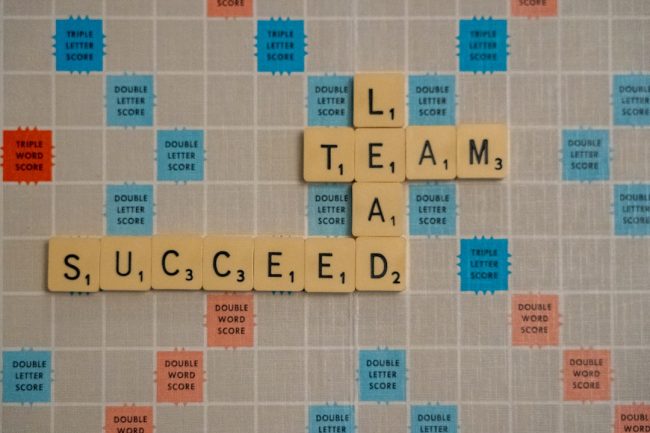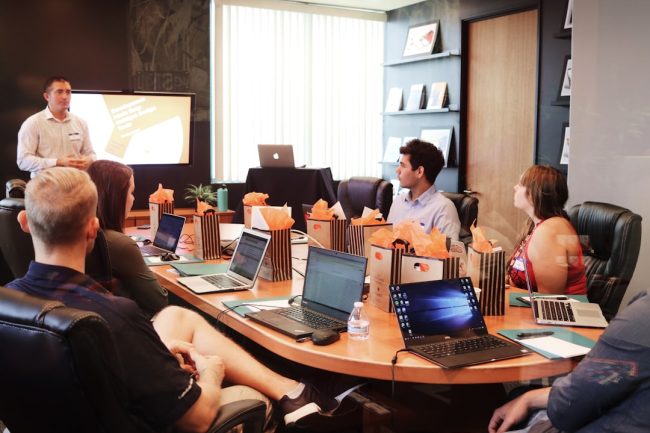The emergence of serious games has played a major role in the recent changes in the training & education landscape. Instead of being just entertainment games, these are structured experiences that combine gameplay with learning goals. When we examine the realm of serious games, we discover that they are effective instruments for skill development, motivation, and engagement. Serious games create immersive experiences that captivate students and promote active participation by incorporating play elements into learning environments.
Healthcare, military training, corporate education, and even social change initiatives are just a few of the industries that can benefit from the use of serious games. By mimicking real-world problems and situations, they provide a distinctive method of instruction that enables participants to hone their abilities in a secure setting. It is clear from examining the advantages and uses of serious games that they have the power to transform conventional teaching strategies and improve the educational process as a whole. Incorporating serious games into educational frameworks has numerous benefits.
Above all, they encourage students’ motivation & involvement. Students’ disengagement and poor performance are frequently caused by traditional teaching methods’ inability to hold their attention. On the other hand, serious games make use of the inherent motivation that results from playing, which pushes students to become fully engaged with the material. This increased involvement may result in better memory recall & a more thorough comprehension of difficult ideas. Also, by letting players learn by doing, serious games encourage experiential learning.
Students can apply their theoretical knowledge in real-world scenarios with this practical approach, which reinforces their understanding through immediate feedback & consequences. For example, in a medical training-focused serious game, players can rehearse surgical techniques in a virtual setting without the dangers of actual procedures. As students overcome obstacles and make choices in a simulated setting, this experiential component not only improves skill acquisition but also boosts learners’ confidence. Real-world scenario replication is one of the most captivating aspects of serious games.
These games offer a platform for developing critical thinking and problem-solving abilities by placing students in authentic scenarios. In a business simulation game, for instance, players might be required to manage a company’s resources while reacting to competition & changes in the market. Participants in this kind of situation are encouraged to use strategic thinking & forecast and analyze data to make well-informed decisions. Also, by putting players in roles that call for understanding & empathy, serious games can tackle difficult social issues. For example, a game about environmental sustainability might ask players to strike a balance between ecological preservation & economic growth. Navigating these conundrums helps students understand the complexity of real-world issues & cultivate a sense of duty to their communities and the environment.
This link between gameplay and practical applications raises the serious games’ educational value. In many different fields, a variety of serious games have become useful resources for reiterating learning goals. “Foldit,” a game that asks players to fold proteins into their ideal shapes, is one prominent example. Using the combined problem-solving skills of gamers, this creative method not only keeps players interested but also advances scientific research. Gamers gain knowledge of biochemistry while assisting scientists in comprehending intricate biological processes as they work with protein structures. The serious game “SimCityEDU,” which incorporates urban planning ideas into gameplay, is another excellent example.
Students are entrusted with designing sustainable cities in this educational adaptation of the beloved city-building game, taking into account variables like population growth, resource management, and environmental impact. Students grapple with the difficulties of urban development while developing critical thinking abilities & a sense of civic duty through this interactive experience. As demonstrated by these examples, serious games can successfully support learning objectives while offering students interesting and fulfilling experiences. Gamification is a crucial element of serious games that increases their potency as educational resources.
Through the integration of game design components like challenges, leaderboards, badges, and points into educational settings, we can foster an atmosphere that encourages students to interact more fully with the content. By appealing to our innate drive for success and acknowledgment, this strategy motivates us to pursue mastery and advancement. Adding gamification to educational activities also helps participants feel more connected to one another.
In a gamified setting, we compete or work together with peers to develop relationships and exchange knowledge in ways that may not be possible with conventional teaching approaches. The social component of education has the potential to boost motivation & foster an environment that encourages students to try new things and take chances. Serious games are especially good at helping players improve their decision-making abilities because they frequently put them in difficult situations that call for careful consideration & strategic preparation. We are forced to carefully consider our options before acting in these virtual environments because we are presented with decisions that have immediate repercussions. Real-world decision-making scenarios with potentially high stakes are modeled by this process.
A military simulation game, for example, requires players to make snap decisions under duress while taking team dynamics and resource allocation into account. These experiences help us develop our critical thinking abilities and improve our capacity to weigh advantages and disadvantages. We gain a deeper comprehension of decision-making processes that extends beyond the gaming environment as we work through the many challenges in serious games.
A key component of successful learning is feedback, and serious games are excellent at giving players instantaneous reactions to their actions. We are given immediate feedback on our choices in these interactive settings, which enables us to evaluate our performance and modify our tactics as necessary. A growth mindset is promoted by this iterative process, which pushes us to see errors as teaching moments rather than failures. In addition, evaluation in serious games can take creative forms that transcend conventional testing techniques. We can assess our progress using gameplay metrics like completion rates, achievement levels, or even peer evaluations rather than just quizzes or exams. In addition to offering a more thorough picture of our educational journey, this dynamic approach to assessment also fits with the captivating qualities of gaming.
The use of serious games in the classroom seems to have a bright future. Through virtual reality (VR) and augmented reality (AR), technological advancements are probably going to improve how immersive these experiences are. We can further engage students & give them opportunities to practice skills in realistic settings by developing increasingly realistic simulations. Artificial intelligence (AI) in serious games also has a lot of potential for individualized educational experiences. Each learner will receive challenges that are specifically tailored to their skill level thanks to AI-driven systems that can modify gameplay based on individual performance and preferences. Since we can work at our own pace, this customization may result in more effective learning outcomes.
To sum up, serious games are a revolutionary method of teaching that blends participation with worthwhile educational opportunities. By utilizing play, we can address real-world problems and develop critical thinking, decision-making, and teamwork, among other vital skills. As technology develops further, we expect serious games to see even more advancements that will enhance our educational experiences and better equip us for the complexity of today’s world.













